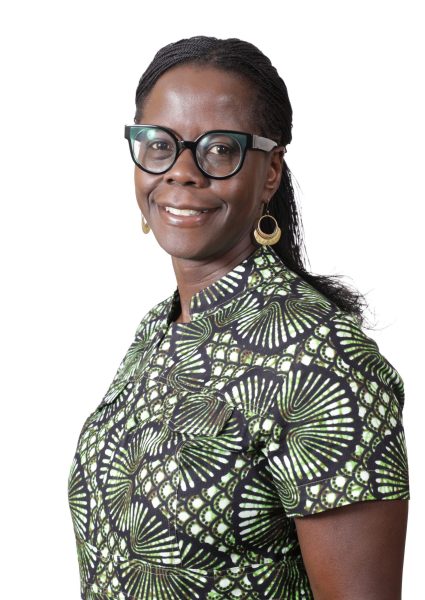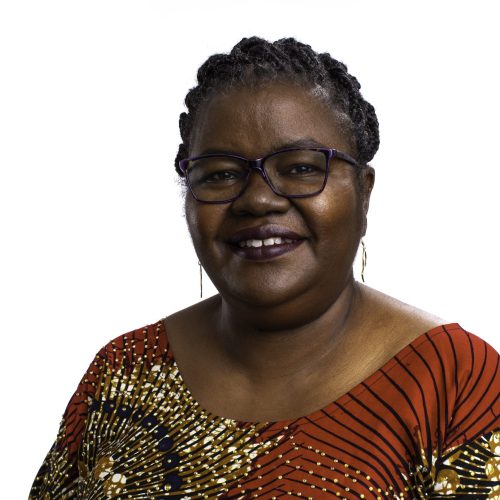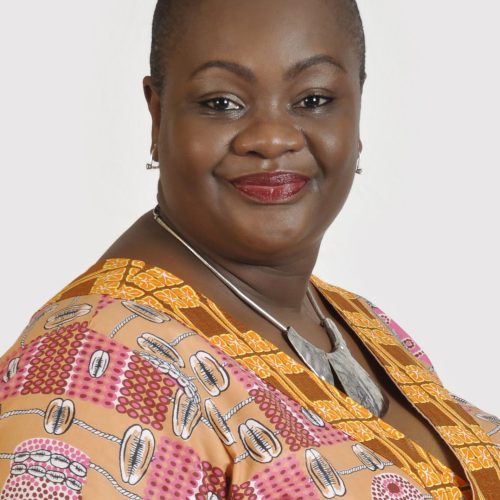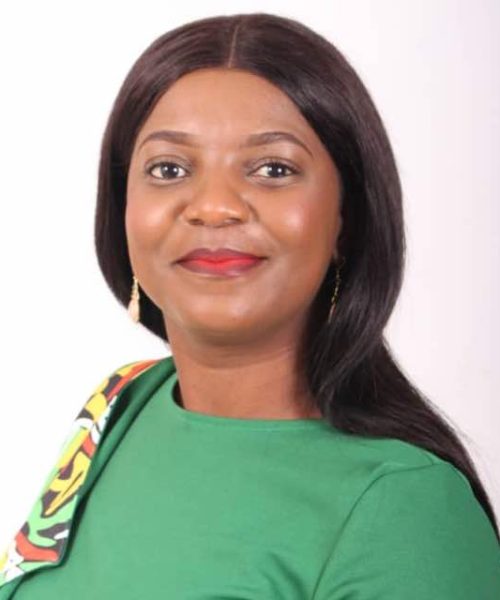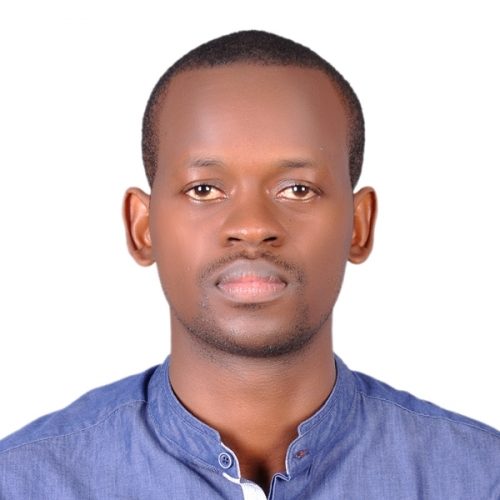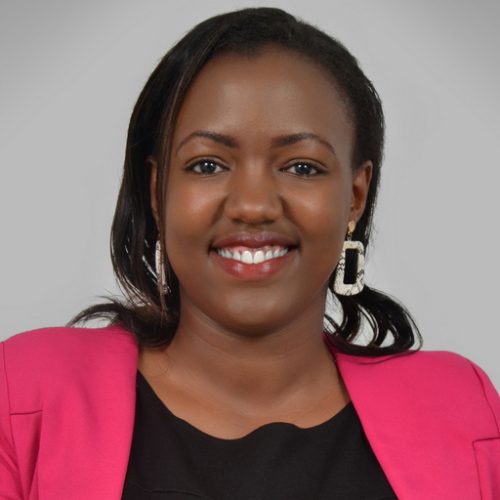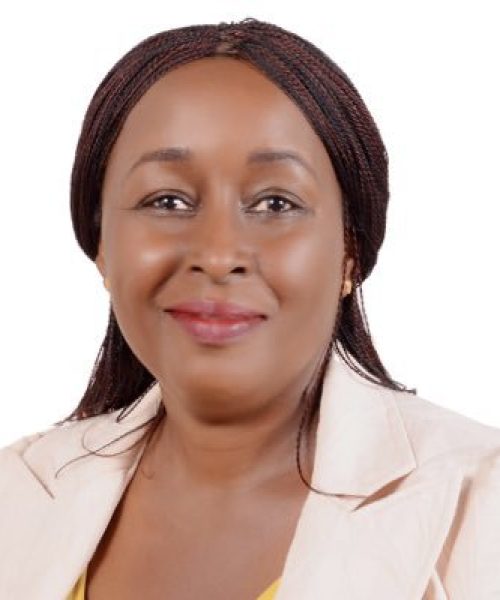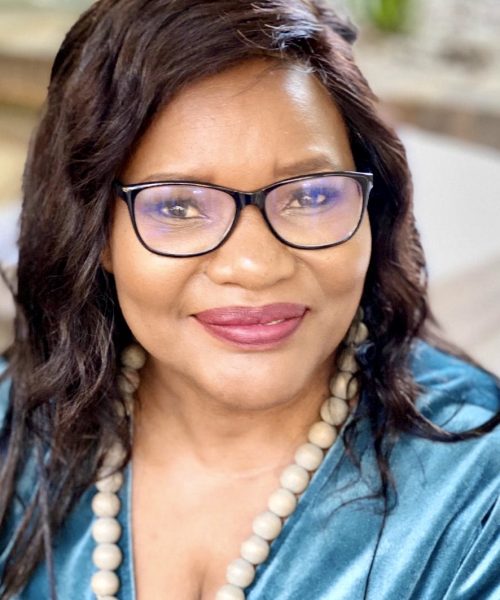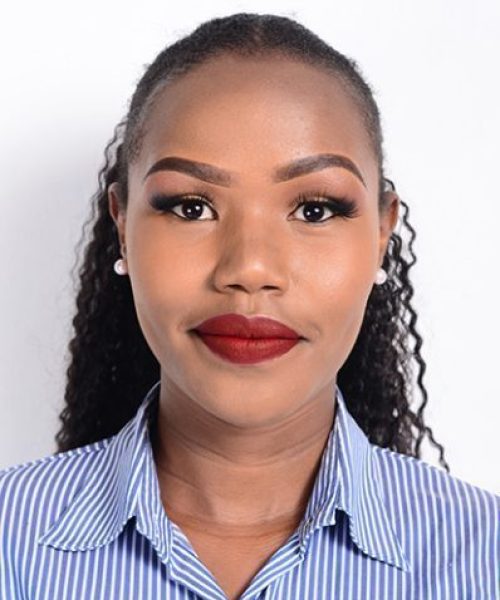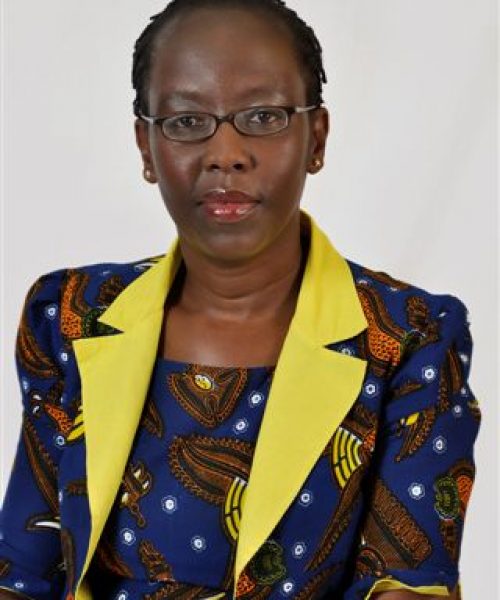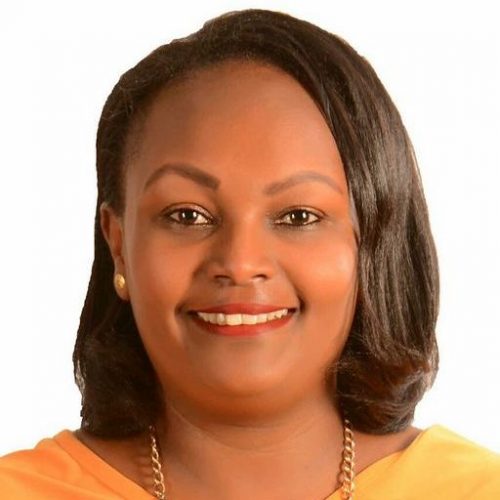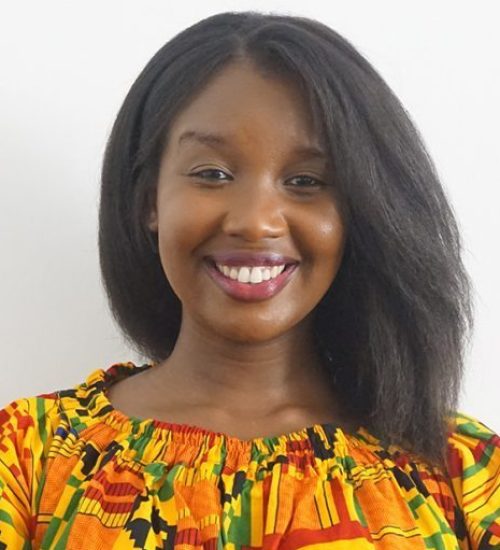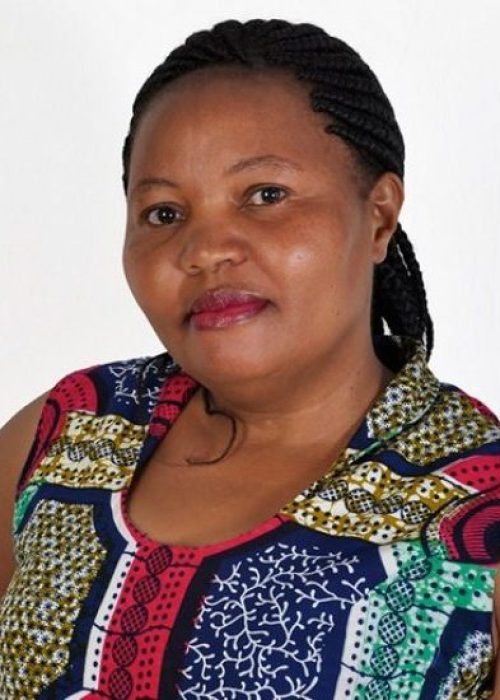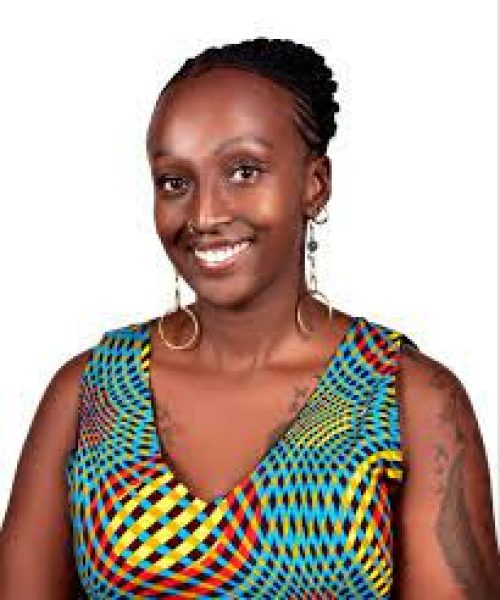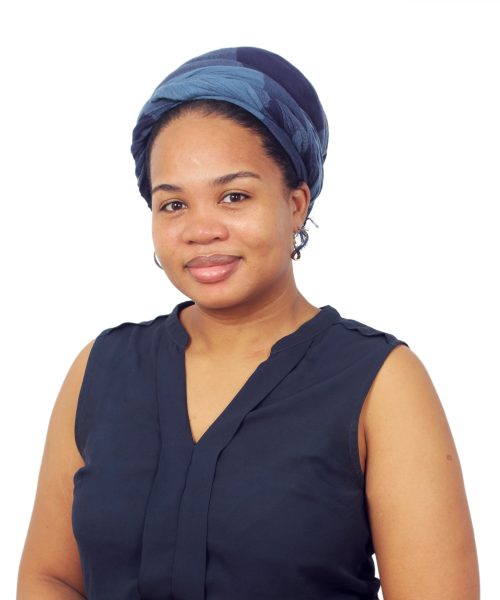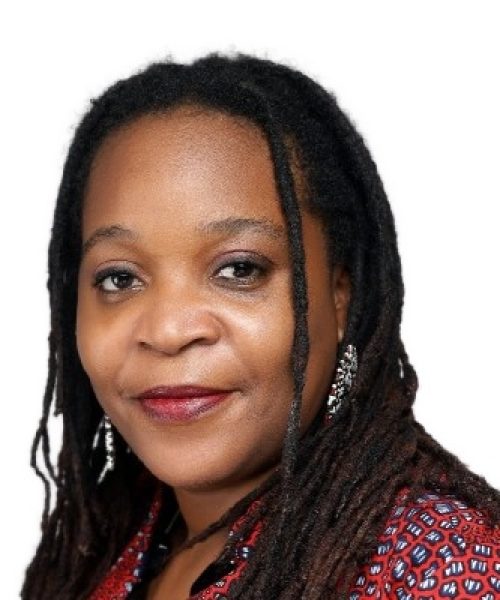Confronting Ebola in Liberia: the gendered realities
Author: Tooni Akanni
Published by: openDemocracy
Liberia’s capital, Monrovia, has come to a standstill as the deadly Ebola epidemic sweeps the region.
The current Ebola outbreak in West Africa is the deadliest, largest, and most complex outbreak since the Ebola Virus disease (EVD) was first discovered in 1976. There have been more cases and deaths in this outbreak than all others combined.
Guinea, Liberia, and Sierra Leone have been hit the hardest. Since the start of this year, the virus has infected at least 8,399 people in West Africa and has killed over 4,033 people. However, this number may be higher than estimated due to inconsistence in case reporting. According to the US Centers for Disease Control and Prevention (CDC), under-reporting could be happening at a rate of 2.5. This means that every one case reported equals 2.5 on the ground. If true, the over 8,000 Ebola cases today could actually be 20,000.
Of the five West African countries in which Ebola has spread, nearly half of those infected have been in Liberia. Every region in Liberia has now been hit by the virus, making it the most severe epidemic of the disease to have occurred to date. Many Liberians are describing this outbreak as “Liberia’s gravest threat since the civil war”, referring to the back-to-back conflicts from 1989-2003 that killed over 250,000 people.
As with the civil war, both the impact and the potential response have a gendered dimension. And now, as then, the particular impacts on women as both the majority affected and key to turning the crisis around, have yet to receive full attention.
In the coming months, Liberia will continue to see exponential increase in Ebola cases. CDC report that if conditions continue without scale-up of interventions, cases will continue to double approximately every 20 days, and the number of cases in West Africa will rapidly reach extraordinary levels. The sad reality is that this epidemic will get worse before getting better.
Ebola is fatal. No cure has been found to treat Ebola. Treatment is palliative – the symptoms of EVD are treated as they appear. Timely treatment of EVD is important but challenging because the disease is difficult to diagnose clinically in the early stages of infection. Early symptoms, such as headache and fever, are nonspecific to many infections that occur in sub-Saharan Africa such as malaria or typhoid, thus cases of the virus may be initially misdiagnosed.
Barriers to the attempts to control the spread of EVD in Liberia have mainly been; lack of basic knowledge by the general population on the causes and the modes of spread of EVD; strong beliefs in non-medical causes for any illness or calamity; a general reluctance to access EVD treatment units spurred by a range of factors including distrust of the health care system, and limited capacity of the health care centers and the investigation units.
Considering women in the outbreak
Beyond the medical response and the barriers to contain the spread of the Ebola virus, the epidemic in Liberia has re-ignited and reinforced the disparities in privileges and resources that already existed in the Liberian social strata, with rural communities and the urban poor most starkly affected.
The outbreak is also taking a particularly devastating toll on women, who face greater exposure to the deadly virus. Julia Duncan-Cassell, Liberia’s minister for gender and development, reported that 75 per cent of those who have been infected or killed from Ebola were women.
Duncan-Cassell told the Washington Post: “Women are the caregivers — if a kid is sick, they say, ‘Go to your mom.’ ” “The cross-border trade women go to Guinea and Sierra Leone for the weekly markets, [and] they are also the caregivers. Most of the time when there is a death in the family, it’s the woman who prepares the funeral, usually an aunt or older female relative,” said Duncan-Cassell.
The gendered pattern of Ebola infection in Liberia mirrors that in countries with previous Ebola outbreaks. In research conducted by WHO in 2007 reported that in the 2001–2002 Ebola outbreak that occurred in the Congo and Gabon, more women than men were infected during the later stages of the outbreak. Likewise, the number of female cases exceeded the number of male cases during the duration of the 2000-2001 outbreak in Gulu, Uganda.
Why are women disproportionately affected? The evidence points to women’s expected social role as carers of the sick, an expectation intensified in contexts where formal healthcare provision is weak and, or often also, inaccessible. Linked to this is the idea that women should in fact sacrifice for their families, even to the extent of puting their own lives at risk to prioritise care for ailing family members. Norms around women’s care work are not just commonly held but also strategically reinforced. There is anecdotal evidence in the WHO studythat men in Congo deliberately used the social expectation that women care for the sick to their favor, explaining that they avoided contacting Ebola, during the 2003 outbreak of the disease, by “making sure” that women took care of the sick.
The epidemic in Liberia
Realizing the staggering number of deaths and infections amongst women, Dr. Florence Baingana, a Ugandan feminist psychiatrist journeyed to Liberia for two weeks in mid-September, to conduct a rapid assessment and gender analysison the impact and response of the Ebola outbreak. This urgent and critical step was necessary in order to have an insight and gendered perspective on some of the psychological, social, and economic shifts that the Ebola has created and of the responses to the outbreak.
“When I came to Liberia, I was thinking about what could I do to help, what support can I provide. Mental health and psychosocial expertise, especially for emergency situations is very limited in Liberia. Because of the work I have done in many post conflict countries, I felt that I could make a valuable contribution,” says Dr. Florence Baingana.
Her research analysis reconfirms other studies that the outbreak is indeed skewed towards women because of the predominance of female caregivers. Since Ebola is spread through bodily fluids, women as primary care providers in the community and as medical professionals are at an increased risk of contracting the virus. Also certain traditional practices and rituals performed on the deceased that women typical perform, also poses an increased risk.
Dr. Baingana’s research also shows that women are at risk when they are in a polygamous relationship. A significant number of women had contracted the virus after being infected by their husband, who had been with one of his co-wives, or a girlfriend, who had died.
She notes in analysis that a gendered perspective on prevention, care, and post admission care is imperative and essential. This would include how contacts are traced, who is recorded for the food rations in the community, how discharges from the Ebola Treatment Unit (ETU) are carried out and how survivors are re-integrated back into the communities.
In her blog, Baingana tells of the pains women are going through to protect their families at dire costs. She describes a woman in West Point, Monrovia, who took in a family of four, in addition to her own family of nine, to take care of her brother in-law who had been infected with the disease. She lost her entire family, sought help from a Medical center and managed to save three of her children in an arduous task of making sure they did not come in contact with the vomit or stool of other patients. Struggling with diarrhea and weakness, she took energy drinks to get the strength to take care of her remaining children while mourning the loss of her family. She explained that she had periods where she lost lucidity. When she was released having being cleared of the disease, she faced the challenge of reintegration and picking up from where she had left. She had lost all her property, most of it destroyed as per protocol of any household where people had died of Ebola. She had no food, no livelihood and now she faces stigma from her community.
Action with women at the centre
The Ebola outbreak has generated significant knowledge and has shown that epidemics greatly affect gender differently. Most often, when crises or disasters happen, women and girls of all ages are uniquely vulnerable and disproportionately impacted—they are likely to suffer higher rates of mortality, morbidity, and economic damage to their livelihoods. Therefore, it is imperative that responses and strategies to the Ebola outbreak are gender-sensitive; taking into account both gender- based vulnerabilities as well as women’s unique contributions.
The current Ebola outbreak is the worst the world has ever seen. The battle to contain the epidemic in Liberia, and across West Africa still has a long way to go.
It is important for the international community, governments, and relevant stakeholders to deliberately focus on women as valuable agents of change and social mobilizers with a central role to play in shaping a comprehensive and multi-faceted response system, sharing expert and knowledge, raising awareness and enhancing care. Women must be included in strategizing when assessing the scope of the outbreak and designing responses and implementing interventions.

